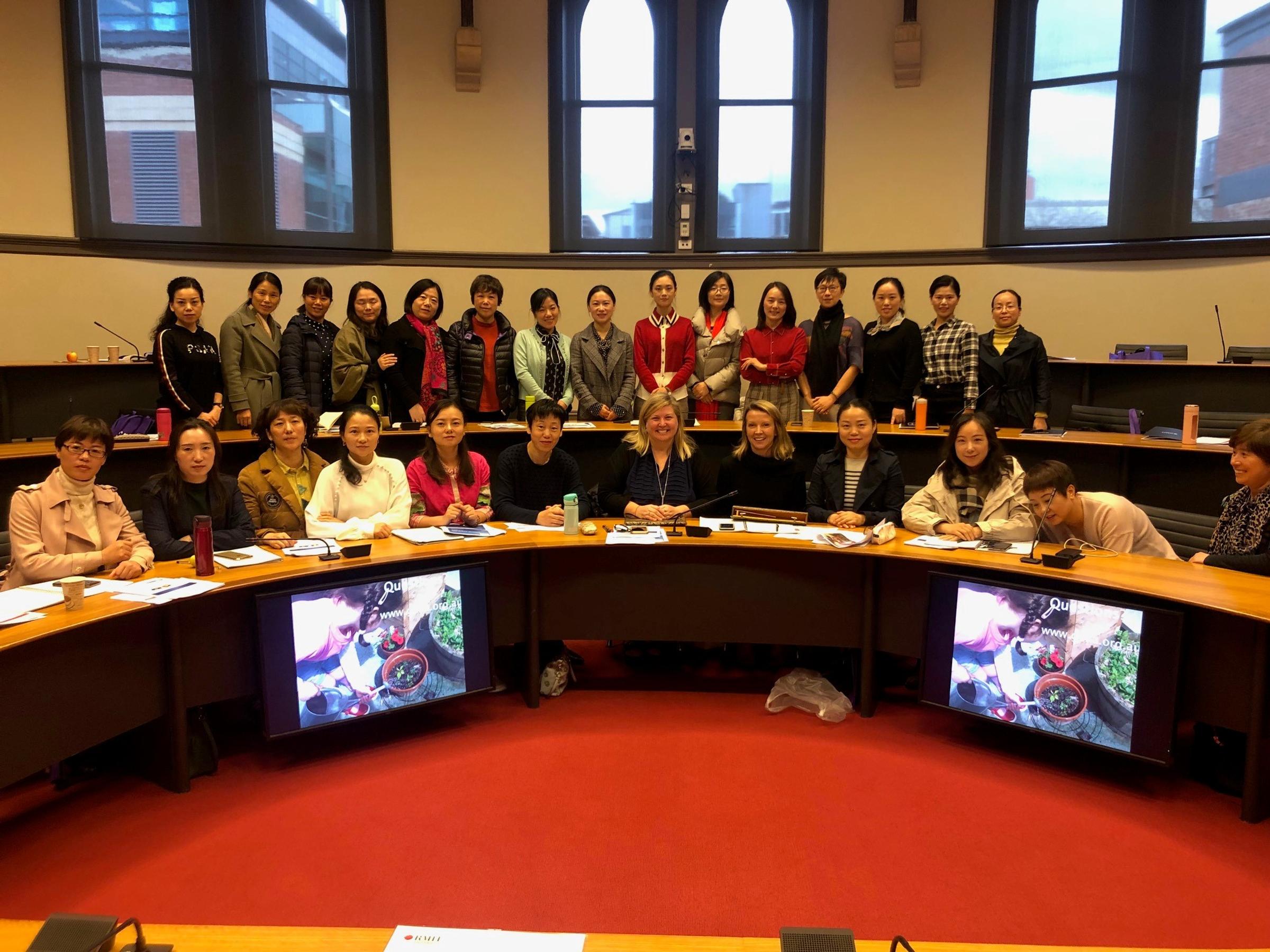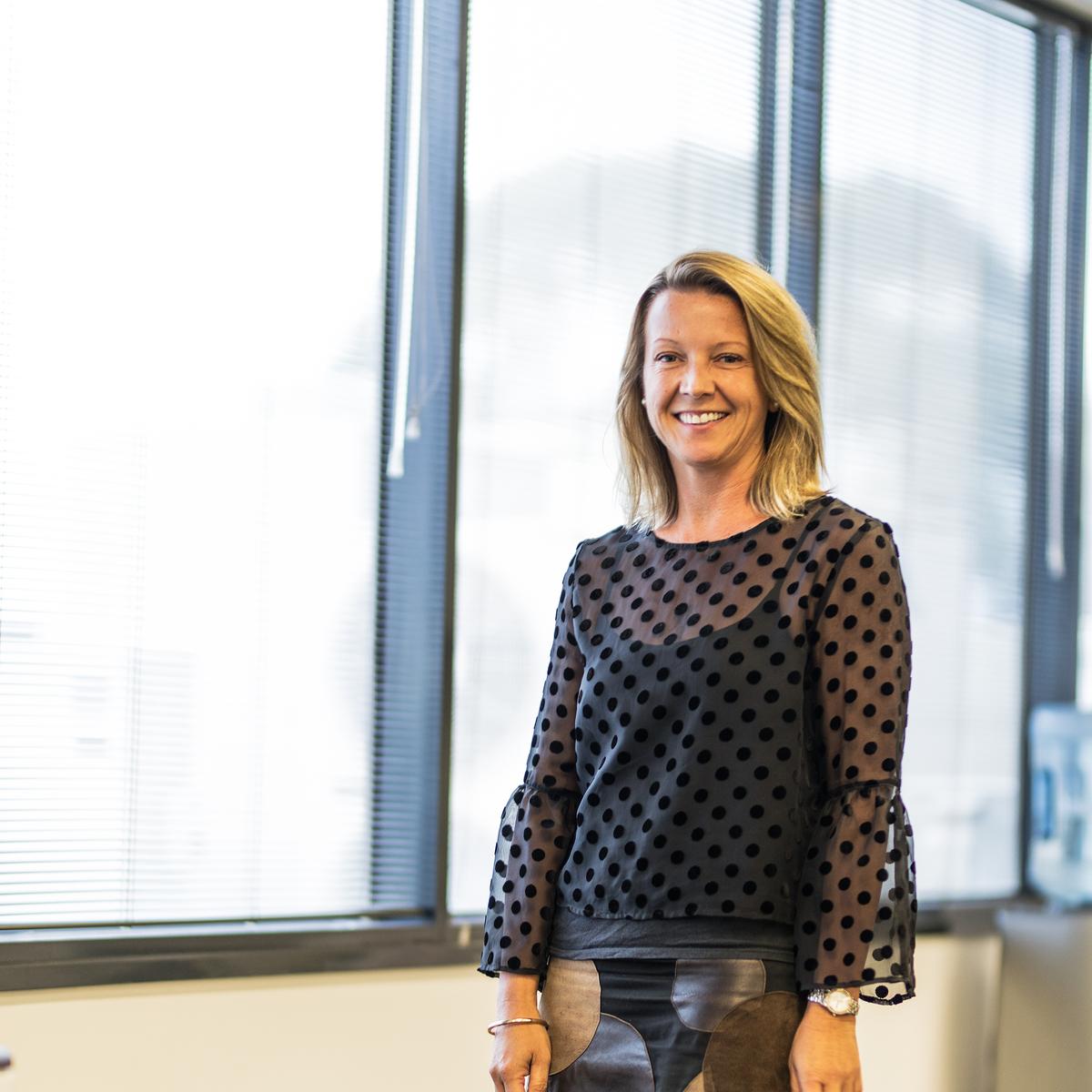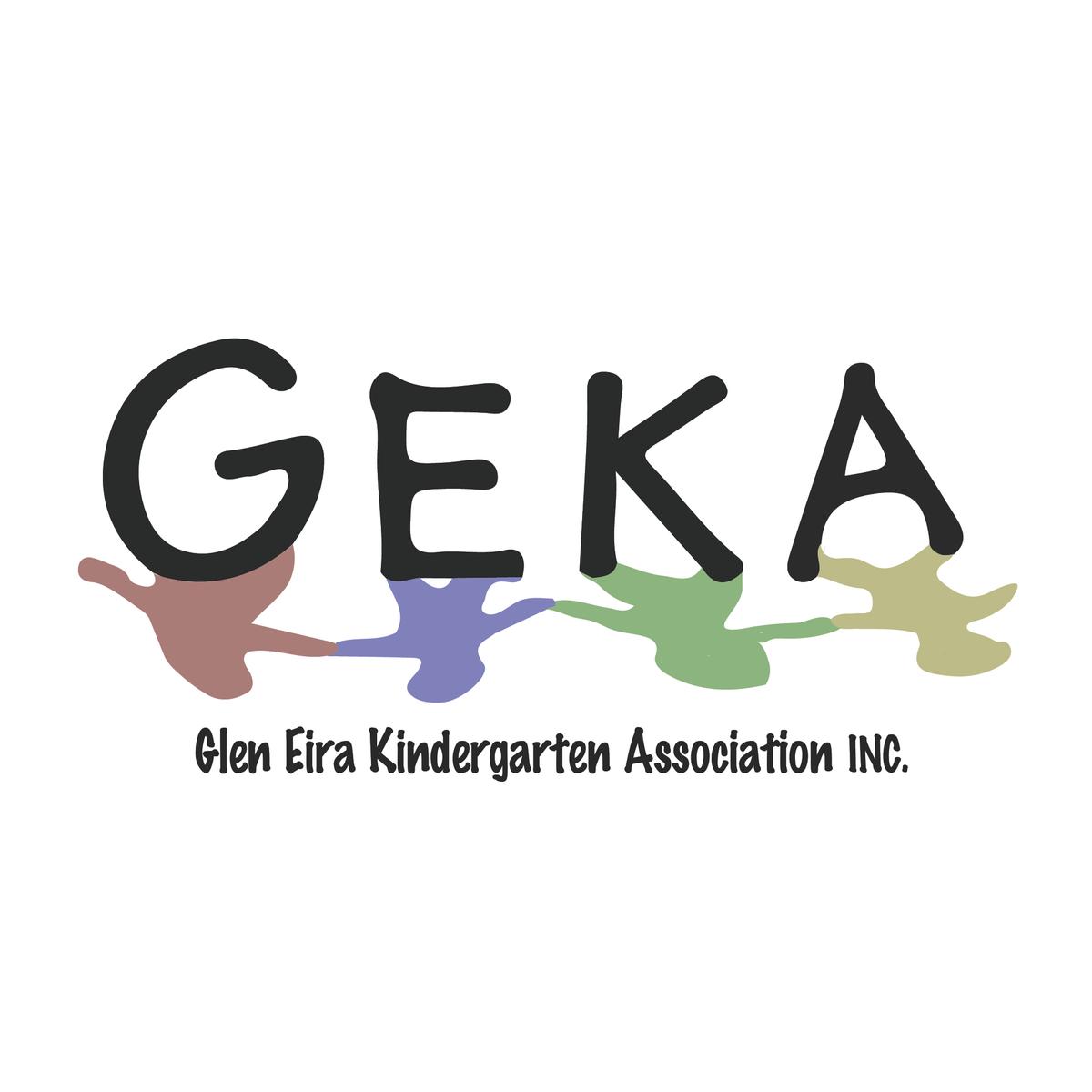CEO Report

CEO: Samantha Kolasa
Australia is one of the world’s most culturally diverse societies. Census figures show that 27 per cent of the resident Australian population were born overseas. Twenty per cent of Australians have at least one parent who was born overseas, and the number of languages spoken at home by Australians is more than 400 (Australian Bureau of Statistics figures 2009 – www.abs.gov.au). At GEKA, our families come from a wide variety of cultural backgrounds. We are fortunate to have 33 different nationalities represented amongst our 11 services. With such diversity, our children and their families have the opportunity, on an almost daily basis, to celebrate differences. They are exposed to different foods, different smells, different languages, different skin colours, different holidays, different beliefs. We know that children’s connection to their culture develops through their experiences. Having a strong sense of their own cultural history and traditions helps children build a positive cultural identity for themselves. This also supports children’s sense of belonging and self-esteem. Children notice differences in appearance and behaviours from a young age. Their experiences in early education and care, with families and in the community creates opportunities to develop their self-identity.
Kindergartens play a central role in the lives of children and their families. The experiences of children and families from culturally and linguistically diverse (CALD) backgrounds within their kindergarten community can have significant effects on their sense of inclusion or exclusion and subsequent quality of engagement within the wider community. In order to meet the learning, social and wellbeing needs of children and their families from diverse backgrounds, it is important for us to understand their particular circumstances. These may include migration, refugee and resettlement experiences, as well as different cultural values and styles of communicating and learning. Kindergartens can play a critical role in supporting and engaging children and families from diverse backgrounds. We also have a significant responsibility to promote values of mutual respect and understanding, and to effectively address problems of discrimination if they occur in the early childhood setting. By actively promoting the needs and interests of our children and families from culturally diverse backgrounds and building relationships of trust and understanding with parents and carers, kindergartens can make a positive difference to mental health and wellbeing. Having a positive sense of belonging in both settings helps children move between cultures with greater ease and confidence and increases their motivation and engagement at kindergarten and onto school.
Respect for diversity is the fourth principle in the Early Years Learning Framework (EYLF). Each of the principles support a practice that is focused on helping all children to grow in relation to their learning outcomes.
The Early Years Learning Framework tells us that respecting diversity within the curriculum means ‘valuing and reflecting the practices, values and beliefs of families’. It also outlines the role that Educators have in promoting diversity in early childhood settings by:
- Honouring the histories, cultures, languages, traditions, child rearing practices and lifestyle choices of families.
- Recognising that diversity contributes to the richness of our society and provides a valid evidence base about ways of knowing.
- Respecting the diversity of families and communities, and the aspirations they hold for children, to foster children’s motivation to learn and reinforce their sense of themselves as competent learners.
- Providing opportunities to learn about similarities and differences, and about interdependence and how we can learn to live together.
At GEKA, we have amazing teachers and educators that embed diversity into the curriculum. Forty per cent of our staff are from a culturally diverse background and can speak a second language. This enables our programs to be fully inclusive and to embed activities that teach young children to respect and celebrate the differences in all people.
As we head into the cooler months, please keep warm, stay safe and appreciate the diversity that surrounds us each and every day.


